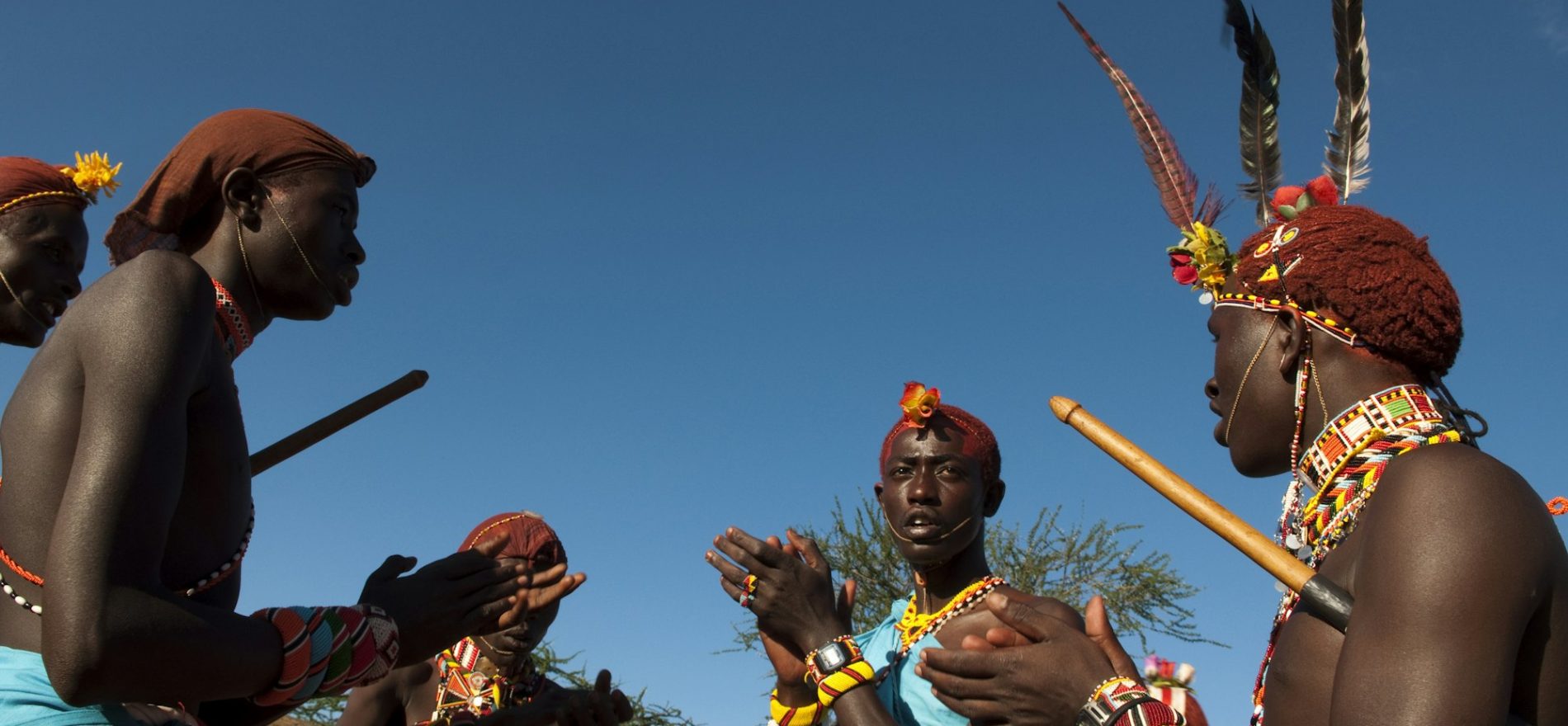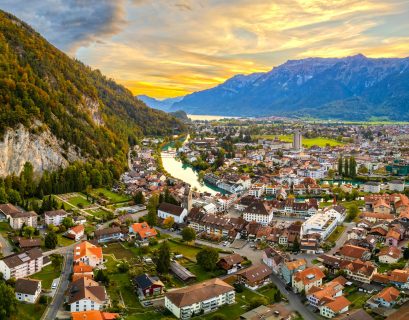Travel has evolved beyond sightseeing and ticking landmarks off a checklist. Today’s travelers are seeking something deeper—authentic cultural immersion that fosters genuine connections and provides a richer understanding of the places they visit. By stepping off the beaten path, engaging with local communities, and embracing traditions, cultural travelers can experience the world in a meaningful and transformative way. Here’s how to dive into authentic experiences beyond the tourist trail.
1. Stay with Locals: Homestays and Farm Stays
One of the best ways to immerse yourself in a new culture is to live among the locals. Staying in a homestay or farm stay allows you to experience daily life firsthand, share meals, and learn about traditions directly from those who live them.
- Where to Go:
- Rajasthan, India: Stay with a rural family in a traditional mud-brick home and learn about local farming practices and crafts.
- Chiang Mai, Thailand: Participate in a farm stay where you can help cultivate rice paddies, cook Thai dishes, and explore local temples.
- Tuscany, Italy: Stay on an agriturismo, where you can harvest olives, make wine, and enjoy rustic Italian cuisine.
Homestays and farm stays offer a sense of belonging and insight into the rhythms of everyday life that hotels simply can’t provide.
2. Learn the Local Language
Language is the key to understanding culture. Even a few basic phrases can open doors to meaningful conversations and foster respect between travelers and locals. Consider dedicating time to learn the local language before or during your trip.
- How to Immerse:
- Enroll in a short-term language course while abroad. Cities like Medellín, Colombia, and Kyoto, Japan, offer immersive programs that combine language learning with cultural activities.
- Practice with locals in informal settings, such as markets, cafés, or public transportation.
- Use language apps to bridge gaps but rely on face-to-face interactions for authentic experiences.
Speaking the language, even imperfectly, demonstrates your commitment to understanding the culture and creates a bridge for deeper connections.
3. Participate in Local Festivals and Traditions
Festivals are windows into the heart of a culture, showcasing its history, art, and values. By joining in, you become part of a community’s shared celebration, witnessing and participating in traditions that define a place.
- Where to Experience Festivals:
- Pushkar Camel Fair, India: Immerse yourself in the vibrant colors, music, and traditions of this annual fair, where traders, performers, and pilgrims gather.
- Songkran, Thailand: Join the Thai New Year water festival, where the entire country celebrates with water fights and joyous rituals.
- Dia de los Muertos, Mexico: Witness the poignant and colorful Day of the Dead celebrations in Oaxaca or Mexico City, where families honor ancestors with altars, flowers, and feasts.
Festivals allow travelers to go beyond observation and become active participants in the cultural fabric of a destination.
4. Engage in Traditional Arts and Crafts
Many cultures express their identity through arts and crafts passed down through generations. Taking part in these traditions not only supports local artisans but also provides insight into the skills and stories that shape a community.
- What to Try:
- Pottery in Japan: Learn the ancient art of ceramics in Kyoto or Mashiko, where master potters teach techniques honed over centuries.
- Weaving in Peru: Join Quechua women in the Andes to learn traditional textile-making, from dyeing wool with natural pigments to weaving intricate patterns.
- Calligraphy in Morocco: Discover the art of Arabic calligraphy, exploring its connection to Islamic culture and aesthetics.
By participating in these creative processes, travelers gain a hands-on appreciation for the cultural heritage behind everyday objects and art.
5. Explore Rural and Indigenous Communities
Rural and indigenous communities often preserve traditions and lifestyles that reflect the essence of their cultures. Visiting these areas respectfully offers travelers a chance to witness and engage with practices that have stood the test of time.
- Where to Go:
- Maasai Villages, Kenya and Tanzania: Spend time with the Maasai people, learning about their pastoralist lifestyle, beadwork, and dances.
- Amazon Rainforest, Ecuador: Visit indigenous communities to learn about their sustainable practices and the spiritual significance of the rainforest.
- Arctic Circle, Norway: Stay with the Sami people and experience reindeer herding, traditional crafts, and the Sami joik (a type of song).
When visiting rural and indigenous communities, it’s important to approach with respect, seek permission, and ensure your visit benefits the community.
6. Take Part in Local Culinary Traditions
Food is one of the most accessible ways to connect with a culture. Sharing a meal, learning to cook local dishes, or visiting food markets provides a sensory introduction to the flavors and stories of a place.
- What to Try:
- Cooking Classes: Learn to make handmade pasta in Italy, pho in Vietnam, or mole in Mexico. These classes often take place in family kitchens, offering an intimate glimpse into culinary traditions.
- Food Tours: Explore markets and street food in cities like Marrakech, Morocco, or Bangkok, Thailand, sampling regional specialties while learning their origins.
- Farming and Foraging: Participate in olive harvesting in Greece or mushroom foraging in Sweden to see how ingredients go from field to table.
Food is universal, and the act of preparing and sharing meals fosters connections that transcend language and cultural barriers.
7. Travel Slowly and Stay Longer
Rushing through multiple destinations can make it hard to form meaningful connections. By staying longer in one place, you have the chance to become part of the community, explore at a deeper level, and build relationships with locals.
- How to Slow Travel:
- Rent an apartment or stay in a family-run guesthouse for an extended period.
- Volunteer with local organizations, such as teaching English or participating in conservation projects.
- Join community events like neighborhood cleanups, workshops, or storytelling evenings.
Slow travel fosters a sense of belonging, helping travelers to become part of the local story rather than mere spectators.
8. Support Local Businesses and Ethical Tourism
Cultural immersion goes hand-in-hand with supporting local economies and ensuring your presence benefits the places you visit. Choosing ethical tourism operators and prioritizing local businesses ensures your trip has a positive impact.
- What to Look For:
- Tours run by locals who emphasize cultural exchange and sustainability.
- Small, family-owned restaurants and accommodations.
- Shops that sell fair-trade, handmade goods rather than mass-produced souvenirs.
By investing in local businesses, travelers contribute to the preservation of cultural heritage and economic growth within communities.
9. Listen, Observe, and Respect
True cultural immersion begins with an open mind and a willingness to learn. Listen to stories, observe traditions, and ask questions with curiosity and humility. Be mindful of cultural sensitivities, and avoid actions that might be considered disrespectful, such as taking photos without permission or wearing inappropriate attire.
Respect is the foundation of meaningful connections. When travelers approach a new culture with an open heart, they’re rewarded with rich experiences and lasting memories.
Transforming Travel Through Cultural Immersion
Cultural immersion is more than a travel trend—it’s a mindset that transforms how we experience the world. By stepping off the tourist trail and engaging with local communities, we uncover the stories, traditions, and humanity that make each destination unique. In doing so, we enrich our lives and gain a deeper appreciation for the diversity that connects us all.
In your next adventure, dare to go beyond the surface. Seek out authentic experiences, build meaningful connections, and discover the beauty of truly understanding a culture. After all, the most rewarding journeys are those that connect us not only to the world but to its people.
[mc4wp_form id="5878"]





